- Викладач: Nickelsen Jörg
- Викладач: Stibor Herwig

- Викладач: Dingemanse Niels
- Викладач: Stibor Herwig
- Викладач: Stockenreiter Maria
- Викладач: Tuni Cristina
- Викладач: Zhang Natascha
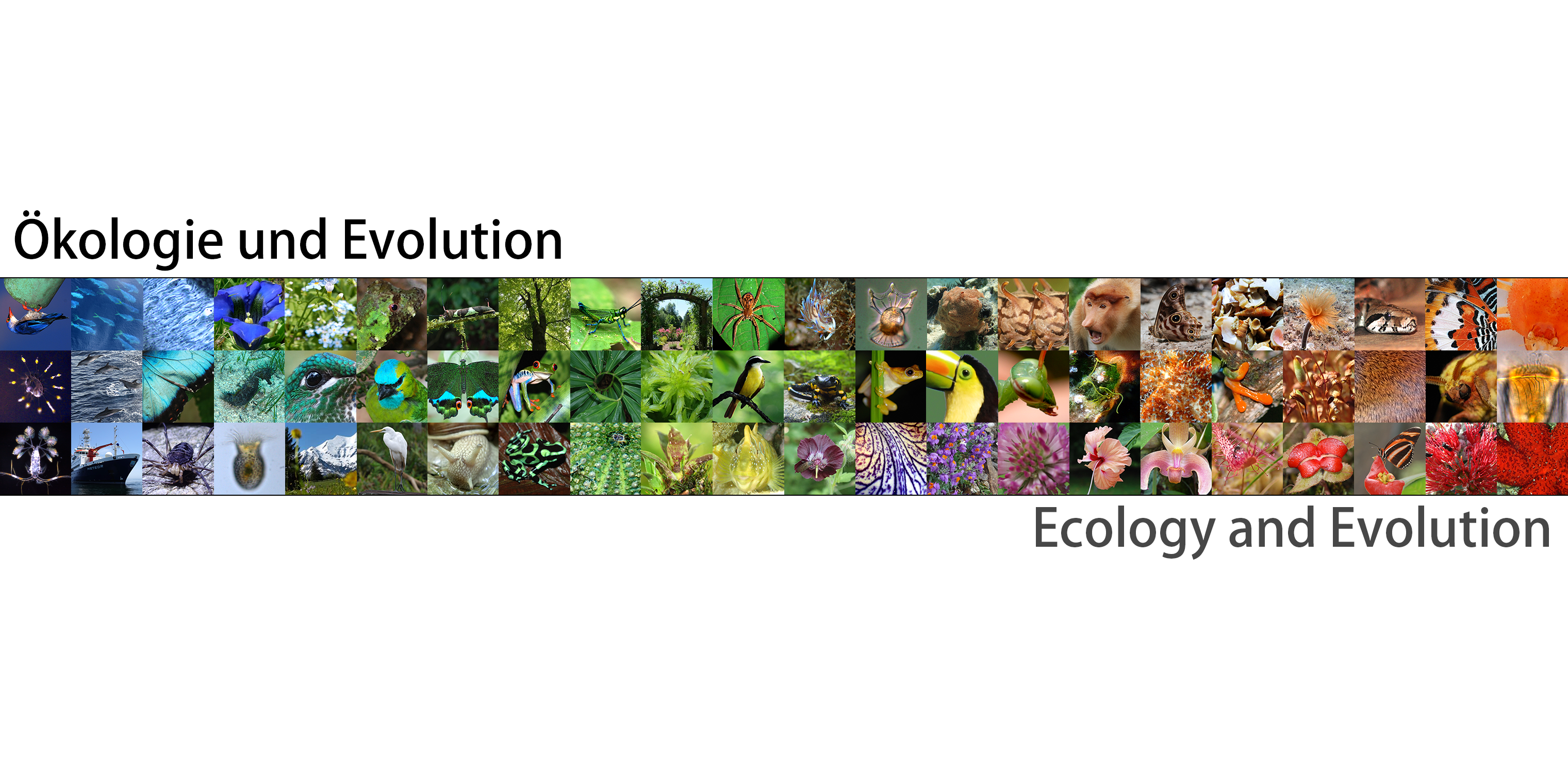
- Викладач: Dingemanse Niels
- Викладач: Grath Sonja
- Викладач: Haug Joachim
- Викладач: Nieuwenhuis Bart
- Викладач: Scharf Hannah
- Викладач: Shakya Subir
- Викладач: Stibor Herwig
- Викладач: Stockenreiter Maria
- Викладач: Wolf Jochen
- Викладач: Zhang Natascha
Inhalt
Dieses Modul präsentiert und veranschaulicht grundlegende Konzepte in
der Ökologie und der Evolutionsbiologie. Im Teil Ökologie, beleuchtet es und integriert es die Prozesse, über
verschiedene Organisationsebenen: Individuen, Populationen, Arten und
Gemeinschaften. In der Vorlesung werden die Zusammenhänge zwischen
diesen Ebenen der biologischen Komplexität untersucht. Die Studierenden
lernen, wie die jeweiligen Stufen von der Umwelt beeinflusst werden.
Im Teil Evolution gewinnen die Studierenden einen Überblick über evolutionäre Prozesse und deren Zusammenhänge. Sie lernen diese Prozesse auf verschiedenen räumlichen und zeitlichen
Skalen zu verknüpfen und die Bedeutung ökologischer Prozesse für
evolutionäre Dynamiken zu verstehen. Die Studierenden erhalten Einblick in die Prinzipien, die der Geschichte
des Lebens auf unserem Planeten zugrunde liegen. Sie lernen moderne
evolutionstheoretische Konzepte kennen und können diese historisch
einordnen. Sie können Erklärungsansätze zu grundlegenden Fragen der
Evolutionsbiologie zur Artbildung, Kooperation und geschlechtlicher
Fortpflanzung wiedergeben. Die theoretischen Inhalte der
Vorlesung werden anhand ausgewählter Beispiele in drei Übungen praktisch vertieft.
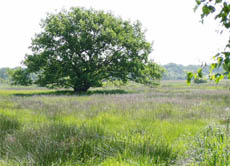
- Викладач: Grath Sonja
- Викладач: Stibor Herwig
- Викладач: Stockenreiter Maria
- Викладач: Zhang Natascha
Lehramt (vertieft, nicht vertieft) ab dem 5. Semester. Ökologisches
Praktikum zum Thema „Schule einmal draußen“ mit zusätzlich
fachdidaktischen Inhalten. Erarbeitung einer Durchführung einer
limnologischen Exkursion für Schulklassen. Die Veranstaltung findet nach
Absprache der Studierenden im Block an der Forschungsstation in Seeon
statt.
Anrechenbar für: Lehramt vertieft: P 11.0.28 - Praktikum (7. Fachsemester); Lehramt nicht vertieft: P 9.0.23 - Übung "Schulversuche in der Biologie" (6. Fachsemester).
- Викладач: Aufleger Monika
- Викладач: Braumiller Julia
- Викладач: Dischinger Gracia
- Викладач: Stockenreiter Maria
During this course, students are introduced to ecological field research and its associated observational and experimental study designs. The practical will consist of conducting experiments in semi-natural field setups to study cause-and-effect relationships as well as observational field studies. The data are analyzed using modern statistics and the conclusions presented and discussed.
Learning outcomes:
1. Students will acquire insights in ecological processes
2. Students will learn to design studies aimed at investigate ecological processes
3. Students will learn how study cause-effect relationships and the value of experimental and observational field studies
4. Students learn to analyze, interpret and present ecological research data

- Викладач: Dingemanse Niels
- Викладач: Stibor Herwig
- Викладач: Stockenreiter Maria
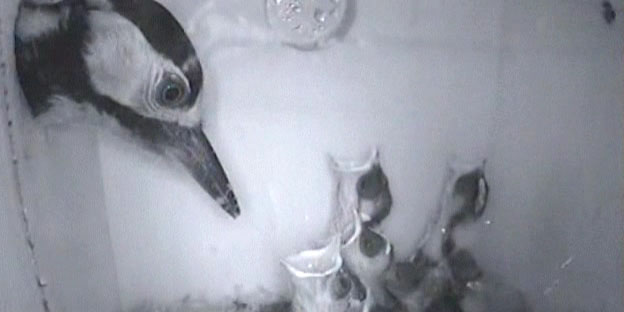
- Викладач: Dingemanse Niels
- Викладач: Gompel Nicolas
- Викладач: Merrill Richard
- Викладач: Scharf Hannah
- Викладач: Stibor Herwig
- Викладач: Dingemanse Niels
- Викладач: Tuni Cristina
- Викладач: Dingemanse Niels
- Викладач: Stibor Herwig
- Викладач: Stockenreiter Maria
The students will be able to integrate knowledge from various
disciplines such as biology, chemistry and physics to deal with the
complexity of aquatic systems and their various ecosystem functions and
services. Based on this, students will be able to apply these
capabilities to estimate how anthropogenic disturbances (global change,
eutrophication) affect aquatic ecosystems services considering
scientific evidence.
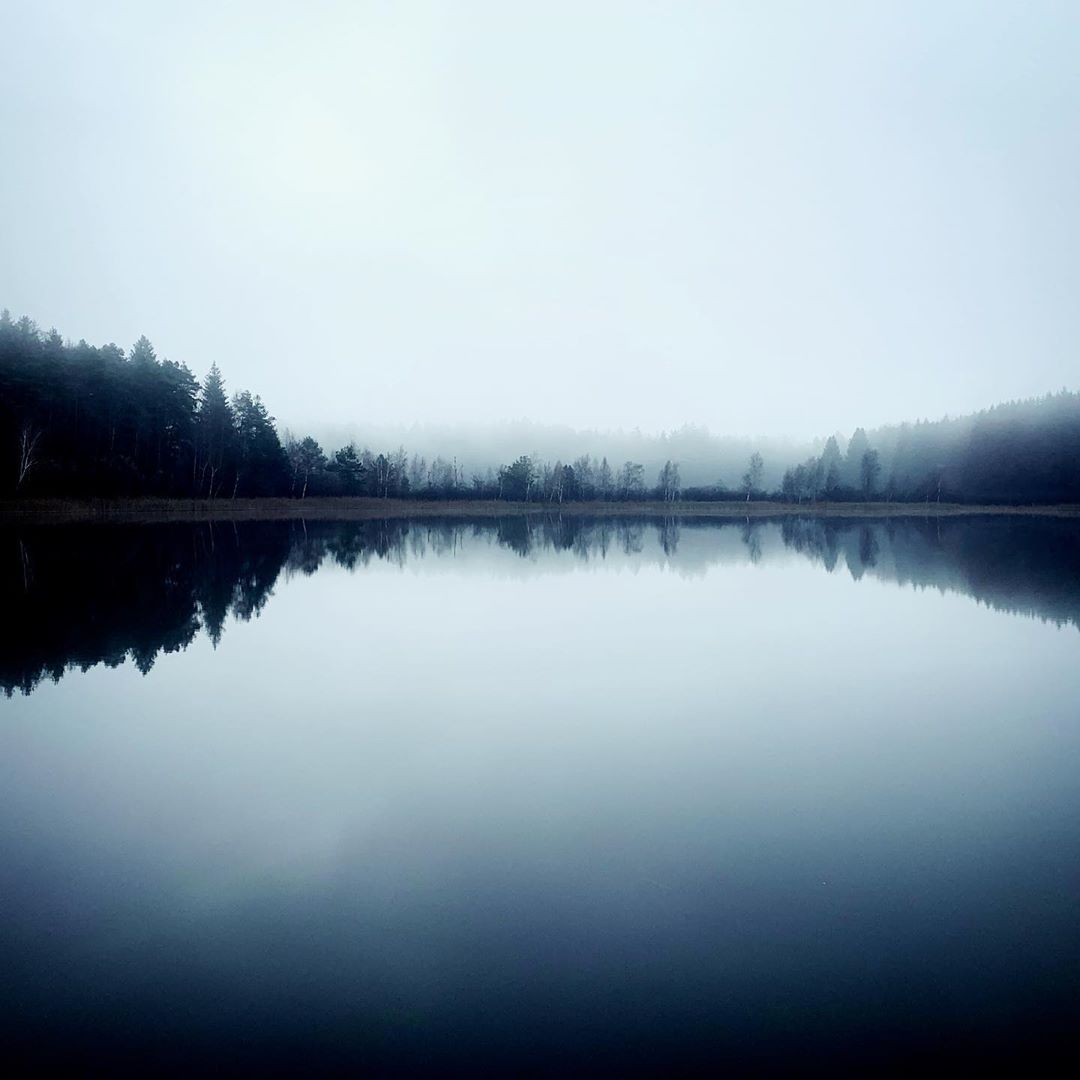
- Викладач: Stibor Herwig
- Викладач: Stockenreiter Maria
- Викладач: Cones Alexandra
- Викладач: Dingemanse Niels
- Викладач: Scharf Hannah
The students will learn to interpret new research findings in the field of ecology by extracting main outcomes of scientific publications and present it to an audience. They will be able to lead discussions about experiments/analysis of a wide field of ecological topics and exchange their ideas.
- Викладач: Stockenreiter Maria
- Викладач: Merrill Richard
- Викладач: Warmuth Vera-Maria
- Викладач: Wright Daniel
The goal of the seminar is to prepare each student for writing
scientific grant applications. Students find and read relevant
literature; write a research plan and discuss this plan with various
people; preliminary data or preliminary analysis needed for the proposal
can be collected by IRT3 or other reserach internships/courses. They
write a grant proposal in the format of large funding agencies (e.g.,
DFG or DAAD). Finally, students present their proposals with a talk at
the IRT3 Conference.
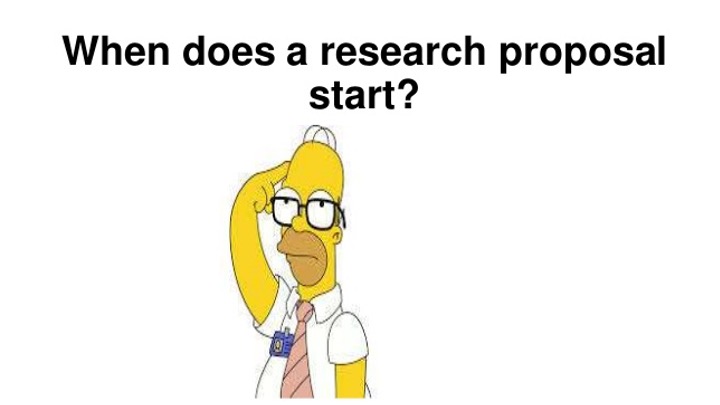
- Викладач: Scharf Hannah
- Викладач: Stockenreiter Maria
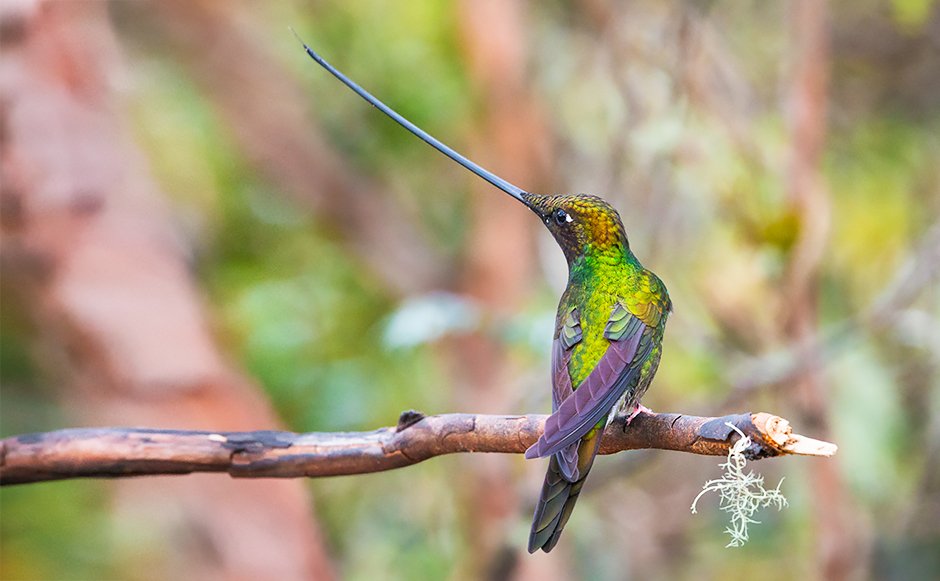
- Викладач: Dingemanse Niels
- Викладач: Scharf Hannah
You have to give a scientific presentation and want to ...
- know how to start
- where do you find reliable background information
- improve your slides
- connect with your audience
- find a good finish
- know what
is constructive feedback
This e-learning course will help you.
You
have to work step by step to see the next learning chapter. The
spending time is depending on your background and insensitivity working with
the exercises (approximately 2-3 hours).
The course is originally developed for a group of students to work through the course together to share their ideas and to give peer-to-peer feedback.
Nevertheless you can go through the exercises also on your own to improve your presentation skill.
Good luck!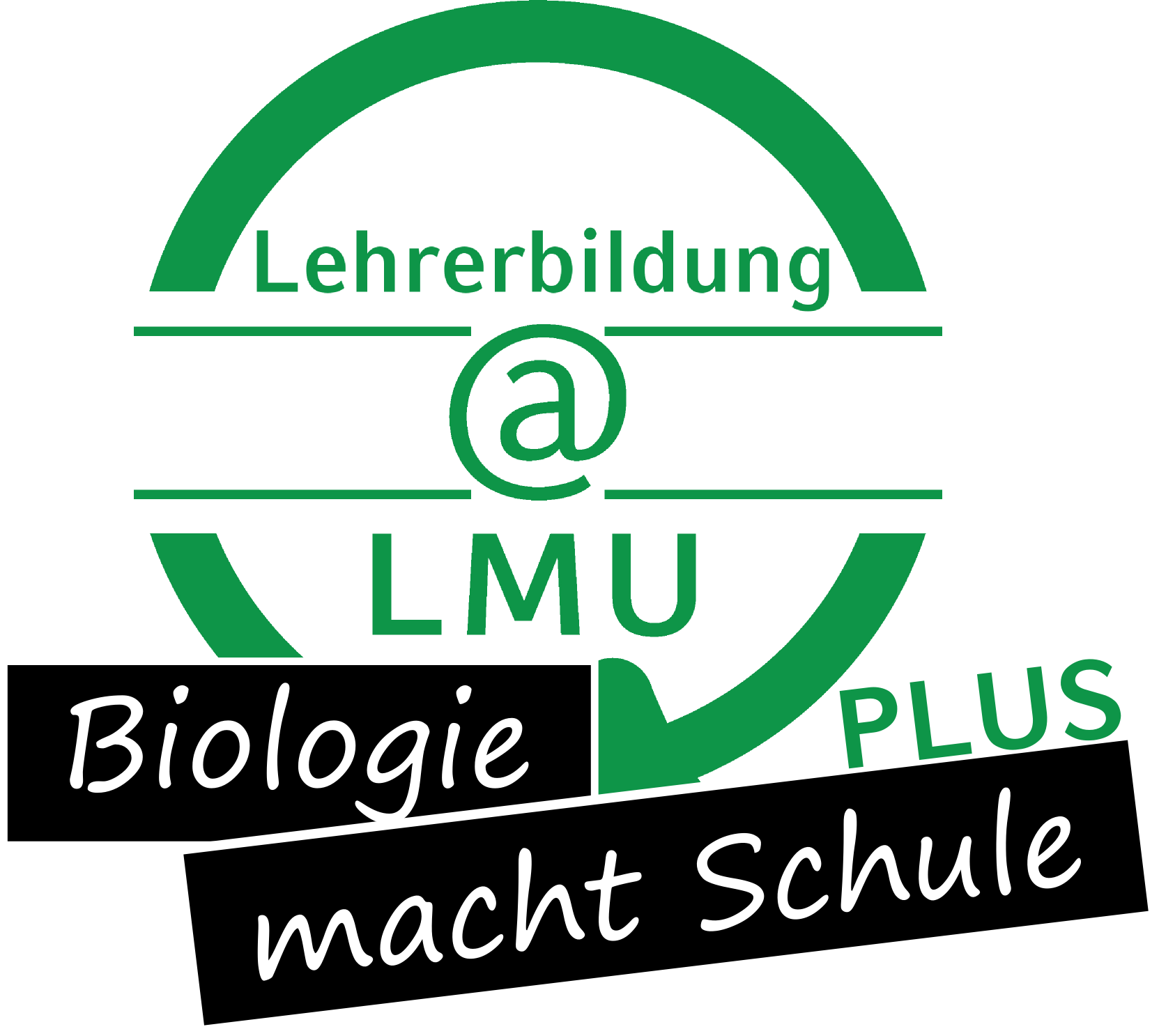
- Викладач: Stibor Herwig
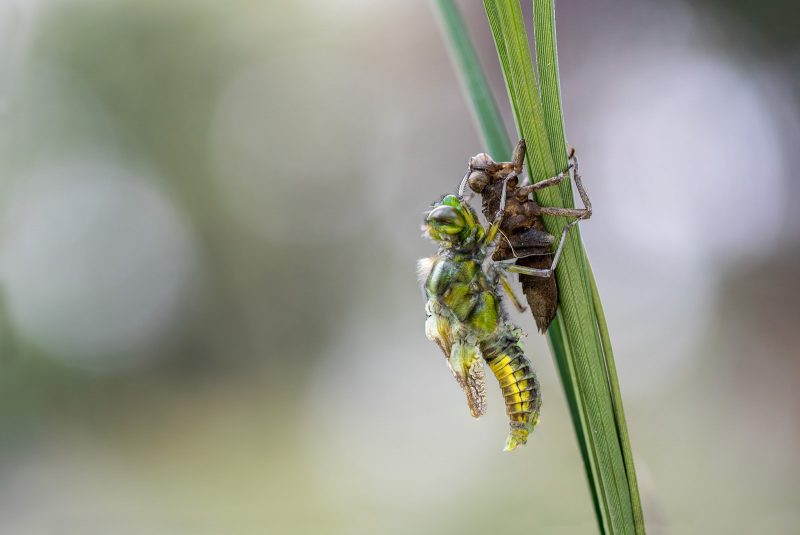
- Викладач: Dingemanse Niels
- Викладач: Scharf Hannah
- Викладач: Dingemanse Niels
- Викладач: Tuni Cristina
Students will have to transform tests of basic ecological concepts into
experimental designs and experiments. Students will be able to work in
teams and coordinate various tasks such as constructing experimental
microcosms, making culture media, cultivate plankton organism, measure
responses of experimental manipulations on various levels and share and
analyse data. Students will be able to evaluate and confront their
results with the experimental hypotheses and defend their arguments in
scientific discussions
- Викладач: Stibor Herwig
- Викладач: Stockenreiter Maria
- Викладач: Dingemanse Niels
- Викладач: Gompel Nicolas
- Викладач: Stibor Herwig
- Викладач: Stockenreiter Maria
- Викладач: Tuni Cristina
- Викладач: Zhang Natascha
- Викладач: Dingemanse Niels
- Викладач: Stibor Herwig
- Викладач: Stockenreiter Maria
- Викладач: Tuni Cristina
- Викладач: Zhang Natascha